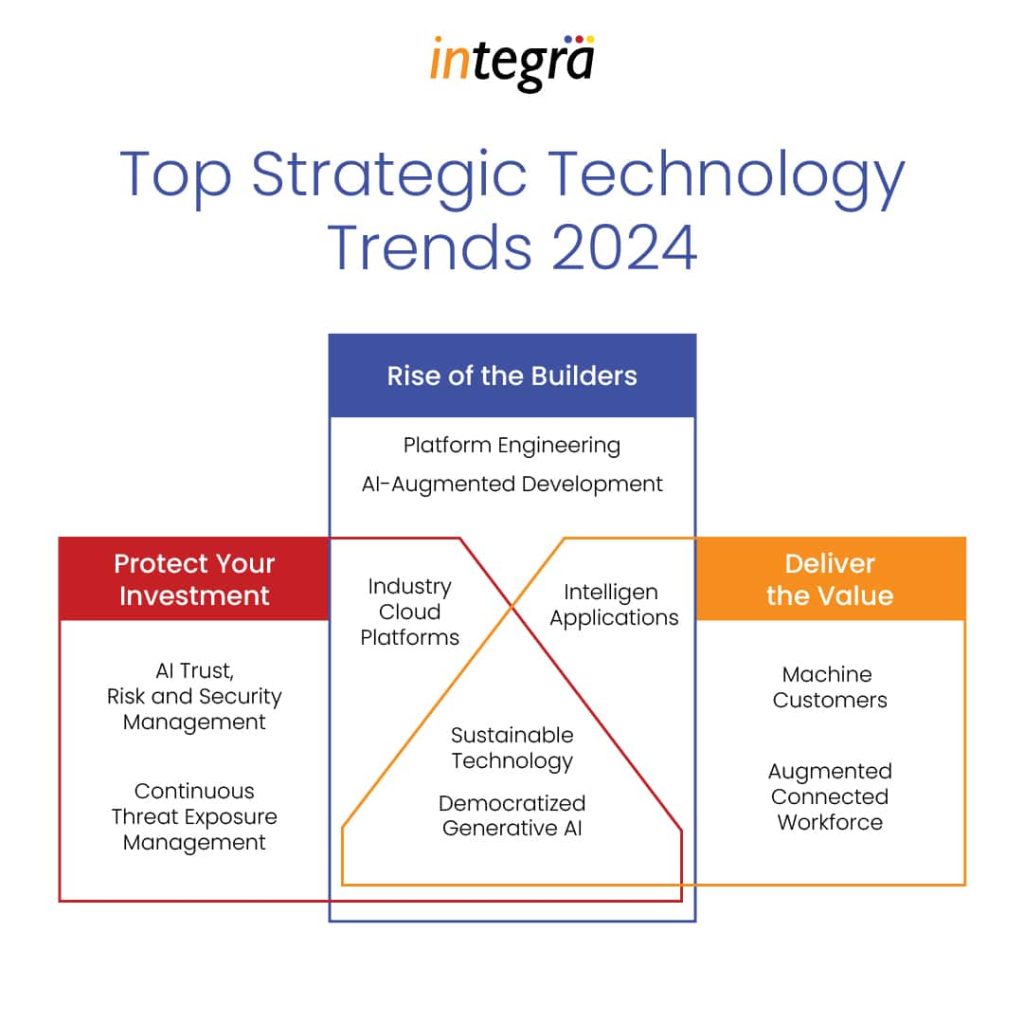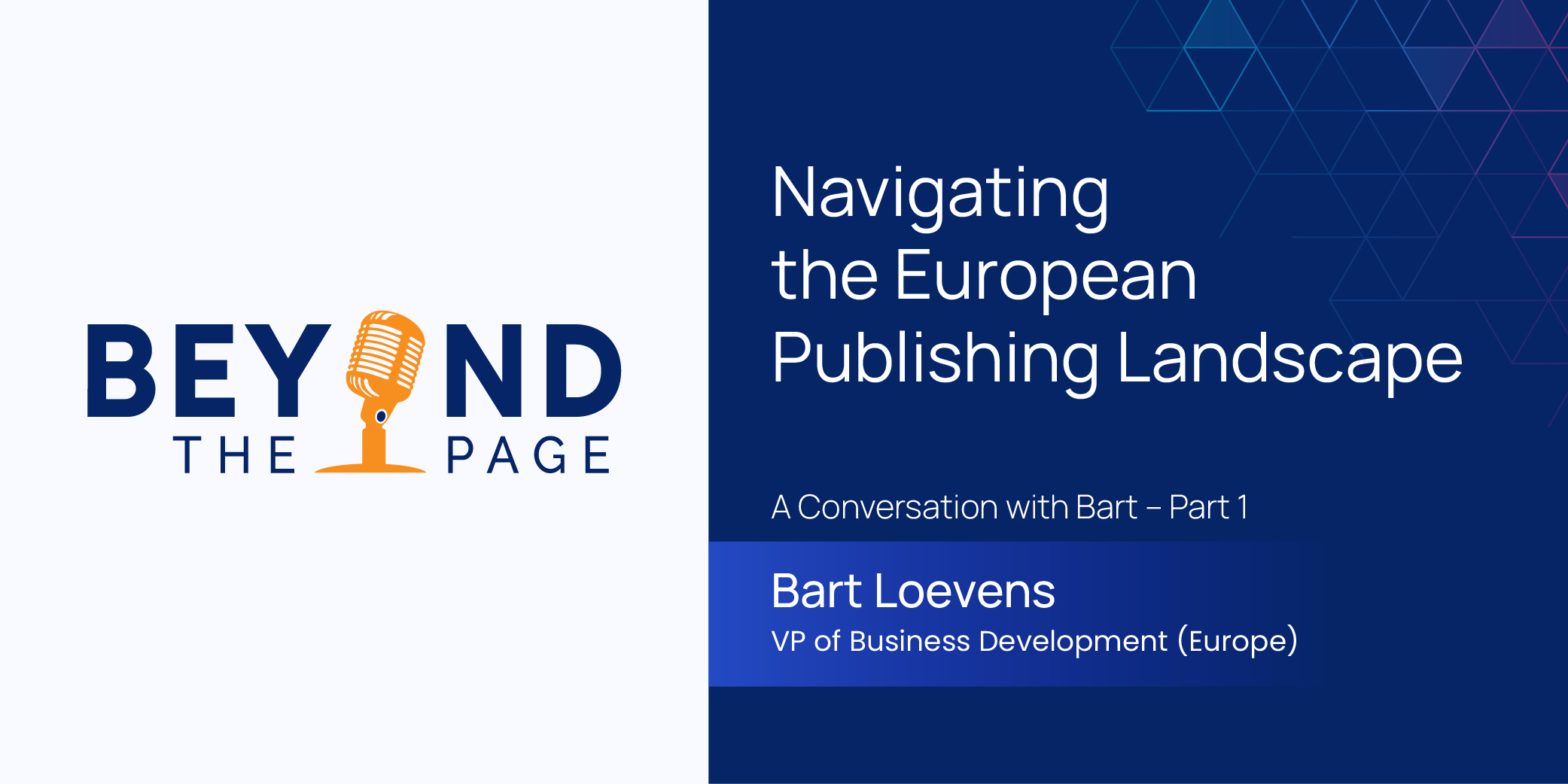Beyond RPA: Next-Gen AI Automation Tools Reshaping Industries in 2024

Robotic Process Automation (RPA) has significantly transformed business operations over the past decade. By automating repetitive, rule-based tasks, RPA has enabled organizations to enhance efficiency, reduce costs, and minimize errors. However, as businesses strive for more complex and cognitive tasks, the limitations of traditional RPA become evident. RPA struggles with unstructured data, lacks decision-making capabilities, and requires extensive maintenance as business processes evolve.
This is where AI-powered automation steps in. Combining machine learning (ML), natural language processing (NLP), and computer vision, AI-powered automation transcends the capabilities of RPA, enabling more intelligent and adaptive workflows. AI automation can handle unstructured data, learn from new patterns, and make data-driven decisions, offering a more robust and scalable solution for modern enterprises.
5 Emerging AI Automation Technologies Disrupting the Enterprise Landscape
The integration of AI with automation creates a powerful synergy. Here are five key AI automation technologies reshaping industries:
- Machine Learning Automation (MLA): MLA empowers tools to learn from data, identify patterns, and automate decision-making. For instance, a travel company can use MLA to predict customer needs and personalize travel packages.
- Computer Vision Automation (CVA): CVA allows machines to “see” and interpret visual data. It can automate tasks like invoice processing, product inspection, and anomaly detection in security footage.
- Natural Language Processing Automation (NLPA): NLPA enables machines to understand and respond to human language. It can be used for tasks like automating customer service interactions, sentiment analysis of social media data, and legal document review.
- Intelligent Document Processing (IDP): IDP leverages a combination of AI technologies like OCR, NLP, and machine learning to extract data from complex documents like contracts, invoices, and emails. This can significantly improve data accuracy and streamline workflows.
- Generative AI Automation: This emerging field focuses on AI’s ability to create new content. It can be used for tasks like generating sales proposals, marketing content, and even writing basic software code. While still in its early stages, Generative AI holds immense potential for automating creative tasks.

How Industries are Leveraging Next-Gen AI Automation to Drive Efficiency and Innovation
Across verticals, AI automation is driving efficiency and innovation:
- Healthcare: AI is used for tasks like analyzing medical images for early disease detection, automating patient scheduling, and personalizing treatment plans. Recent advancements have shown that AI can now predict breast cancer up to four years before it becomes detectable through traditional methods.
- Finance: AI can automate loan processing, fraud detection, and investment analysis, leading to faster approvals and more efficient risk management.
- Manufacturing: AI-powered robots can streamline production lines, predict equipment failures, and optimize inventory management.
- Logistics: AI can automate tasks like route optimization, warehouse management, and predictive maintenance, leading to faster deliveries and reduced costs.
The Transformative Impact of AI Automation on Business Processes and the Future of Work
AI automation offers numerous benefits:
- Increased Efficiency and Productivity: Repetitive tasks are automated, freeing up human capital for higher-value work.
- Improved Accuracy and Consistency: AI eliminates human error, leading to better data quality and decision-making.
- Enhanced Customer Experience: AI chatbots can provide 24/7 support, and NLP can personalize customer interactions.
- Innovation and New Business Models: AI can uncover hidden insights in data, leading to new products, services, and business models.
However, concerns exist about AI replacing jobs. While some roles will be automated, the future of work will likely involve human-AI collaboration. Humans will focus on strategic thinking, creativity, and tasks requiring social interaction, while AI handles the routine and predictable.
Overcoming Challenges and Ensuring Responsible AI Automation Implementation
Despite the benefits, AI automation presents challenges:
- Data Privacy and Security: Ensuring data privacy and security is crucial when using AI.
- Change Management: Transitioning to AI requires effective change management to address employee concerns and ensure adoption.
- Ethical Considerations: Bias in training data can lead to biased AI outputs. Responsible AI implementation requires careful data selection and ongoing monitoring.
These challenges can be addressed through a focus on transparency, data governance, and robust ethical frameworks.
AI automation is no longer a futuristic concept but a business imperative. To successfully navigate this transformative landscape, organizations need a trusted partner with deep AI expertise. Integra’s AI automation solutions offer a comprehensive approach, combining cutting-edge technology with industry-specific knowledge to deliver tangible results. By leveraging Integra’s capabilities, businesses can unlock new efficiencies, drive innovation, and gain a competitive edge.
Ready to embark on your AI automation journey? Contact Integra today to explore how our solutions can transform your business.
News & Insights

Enabling Accessibility in Scholarly Publishing – A Conversation with Lakshmanan Thirumoorthy

Navigating the European Publishing Landscape – A Conversation with Bart – Part 2

